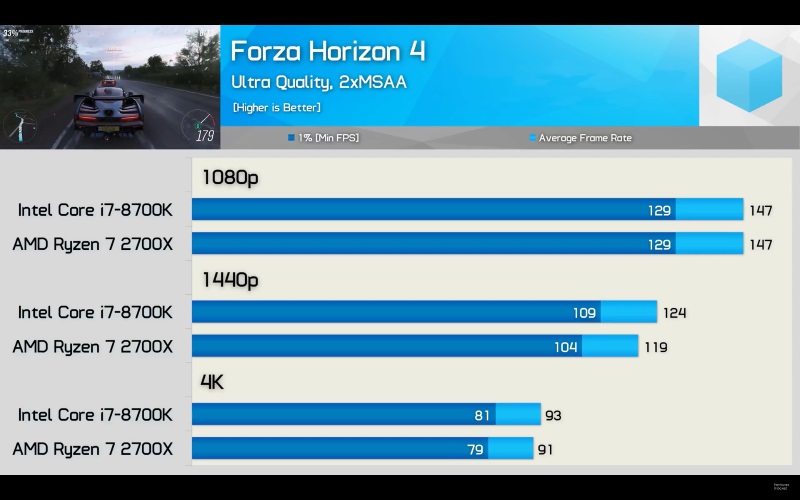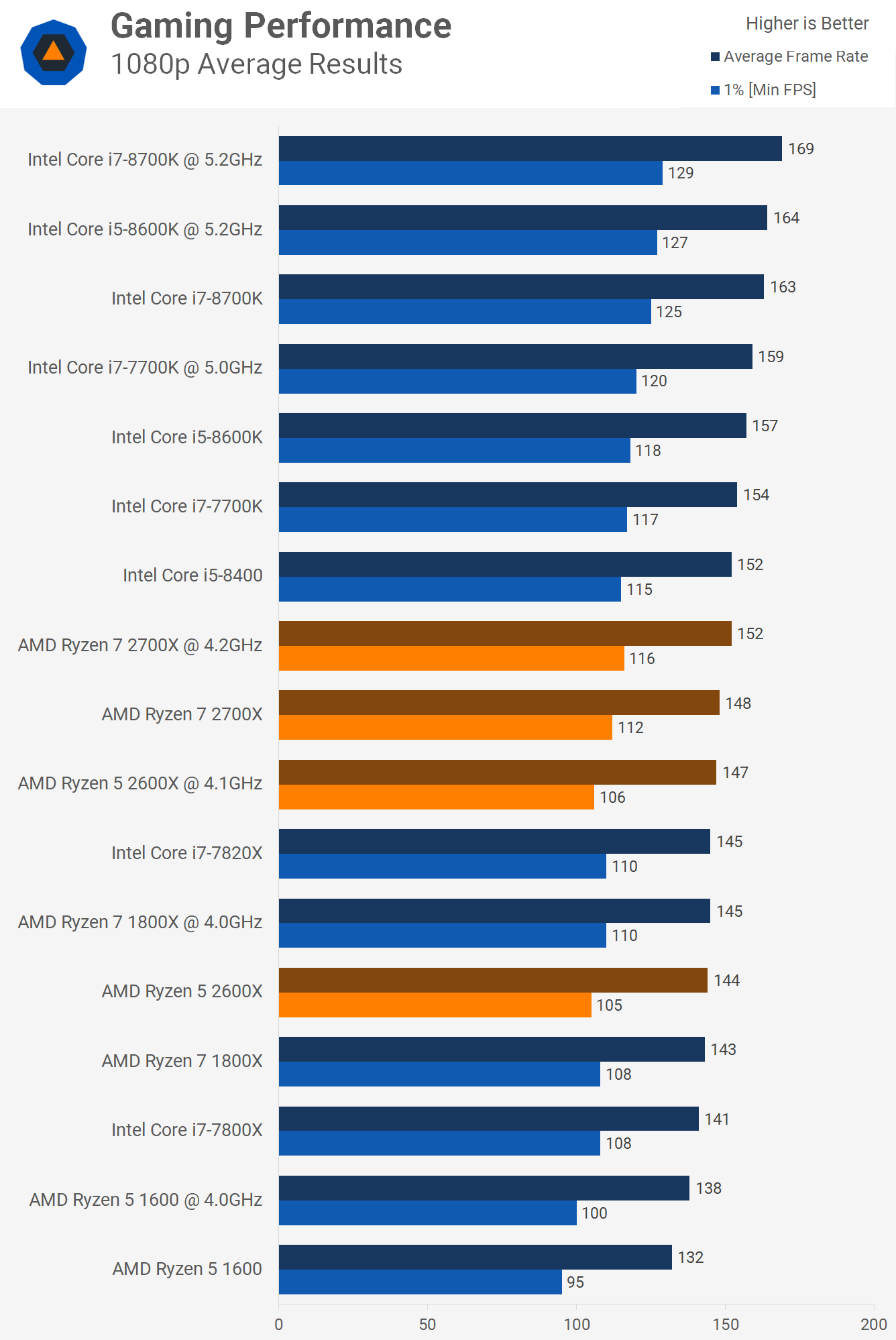- Oct 22, 2004
- 822
- 1,467
- 136
Independent test results for Intel's 8-core i9-9900K are just around the corner, and the general consensus and expectations are that it will put Intel further in the lead with the "world's best gaming processor".
However, like most technology analysts and avid followers of x86 CPU architecture, I expect 7nm Zen 2 to bring substantial improvements next year, as it will have architectural refinements and — for the first time ever — be manufactured on a process node on par or even ahead of Intel.
In fact, many industry analysts now consider Intel's manufacturing lead permanently lost, and that TSMC will compete at the forefront, if not be the absolute leader, of semiconductor manufacture from here onwards.
Meanwhile, it is expected that the next-generation consoles will continue to use AMD semi-custom chips, and that those chips will make use of the Zen CPU architecture. So game developers will increasingly optimise for this architecture, likely an 8-core 2-CCX configuration, similar to what AMD offers in the mainstream.
Already, we are seeing parity in performance between Ryzen 2700X and i7-8700K in the most recent titles based on modern game engines optimised for the Zen architecture.

So based on all these developments, I expect Intel to lose its lead in gaming next year, and it may not regain the lead for the foreseeable future, as Zen 3 and successors, combined with AMD's console dominance and TSMC's manufacturing lead, all keep the pressure up on Intel.
What do you all think will happen, say, over the next three years?
However, like most technology analysts and avid followers of x86 CPU architecture, I expect 7nm Zen 2 to bring substantial improvements next year, as it will have architectural refinements and — for the first time ever — be manufactured on a process node on par or even ahead of Intel.
In fact, many industry analysts now consider Intel's manufacturing lead permanently lost, and that TSMC will compete at the forefront, if not be the absolute leader, of semiconductor manufacture from here onwards.
Meanwhile, it is expected that the next-generation consoles will continue to use AMD semi-custom chips, and that those chips will make use of the Zen CPU architecture. So game developers will increasingly optimise for this architecture, likely an 8-core 2-CCX configuration, similar to what AMD offers in the mainstream.
Already, we are seeing parity in performance between Ryzen 2700X and i7-8700K in the most recent titles based on modern game engines optimised for the Zen architecture.
So based on all these developments, I expect Intel to lose its lead in gaming next year, and it may not regain the lead for the foreseeable future, as Zen 3 and successors, combined with AMD's console dominance and TSMC's manufacturing lead, all keep the pressure up on Intel.
What do you all think will happen, say, over the next three years?




